Between the 11th and 19th of November, over 1,500 participants from states, non-government organisations and industry met in Nairobi for the third session of the Intergovernmental Negotiating Committee (INC-3) to develop an international legally binding instrument on plastic pollution. They came to the meeting with the goal of revising the zero draft, a preliminary draft of the intended plastics treaty developed by INC chair Gustavo Meza-Cuadra and the INC secretariat between the second and third sessions. It lays out core features to be included in the final treaty, such as bans, phase-outs and product design requirements, and how these can be transformed into global obligations. The zero draft reflects the demands of all UN member states involved in the negotiations, which are wide-ranging and sometimes conflicting.
Through work on the zero draft, delegates debated various approaches for its overall direction. Some supported binding national plans with mandatory reporting requirements. Others preferred voluntary plans and/or commitments, varying based on national circumstances and capabilities. While the zero draft was ambitious, some countries viewed it as too far reaching while others perceived it as lacking balance since it offered many conflicting options.
“It was a moment where ambition met inertia,” said Andres Del Castillo, senior attorney for the Centre for International Environmental Law. One source of inertia was the debate over the implications of UNEA resolution 5/14. Adopted in March 2022, this resolution provided a mandate to develop an international plastics treaty based on “a comprehensive approach that addresses the full life cycle of plastic,” which must encompass the plastics value chain from polymers to pollution and establish ambitious targets with accelerated timelines.
There was a broad consensus by INC-3 delegates that resolution 5/14 should serve as the north star for the treaty process. However, there was extensive disagreement over how to approach the concept of “full life cycle of plastics”. Some view plastic pollution as only a waste management issue, disregarding the emissions from its production. Others argued that the concept encompasses these emissions and provides an opportunity to look at plastic from a broader, climate change-focused perspective. “We can’t tackle the sources of plastic pollution without tackling the most important and fundamental part, which is production,” said Mr Del Castillo. “Some countries claimed that it is not within the mandate of the UNEA to talk about production—but it is.”

Measures addressing plastic production were among the three most important policy tools under consideration, alongside lasting plastic design standards and downstream measures to eliminate waste. Delegates’ priorities varied between these three approaches; plastics production emerged as one of the most contentious areas. Oil and petrochemical producing countries and industry representatives prefer an approach focused on re-use and producing recycled plastics, while other countries and environmental campaigners advocate for significant cuts in production. “Cutting plastic production is a very sensitive topic,” said Sameer Joshi, vice chairman of the Indian Plastics Institute.
For this reason, the zero draft text proposed multiple options to address the issue of production. One example was the provision for managing intentionally added microplastics, which offered two options for debate. Option 1 states that each party shall “not allow” the production or use of products containing these microplastics; Option 2 states that each party shall “take the necessary measures to manage, restrict and, where appropriate, not allow” their production or use. Delegates disagreed on how stringent provisions should be, and how much say countries should have in designing their individual action plans.
Mr Joshi believes that this debate has the potential to offer more flexibility to countries with growing economies. “You can’t just copy paste solutions that work in America in Europe or India,” said Mr Joshi. “Solutions must be tailored to the distinct needs of each country, and take into account their social, environmental, and economic contexts.”
In the US, 98kgs of plastic is consumed per person every year. In India, it is only 15kgs. “These negotiations are made up of 175 different nations. Some are small islands and some are countries of 1.4 billion people like India,” said Mr Joshi. “The problems are different.”
The countries that release the most plastic into the oceans are the Philippines, India, Malaysia, China and Indonesia, according to World Population Review in 2021. Contributing factors are the export of plastic waste to Asian countries by wealthy countries such as the US and the UK, as well as a lack of investment in recycling infrastructure in Asian countries. Developing countries emphasised these inequalities at INC-3. “Although Asian countries represent 60% of the population, their voices were not heard at the earlier INCs, but at this one they came out in force,” said Mr Joshi. Mr Del Castillo also noted that groups of previously underrepresented countries are taking on stronger positions. “You see leadership from small island developing states, especially those in the Pacific, saying that this is a climate issue, and if we don’t solve it we won’t survive.”
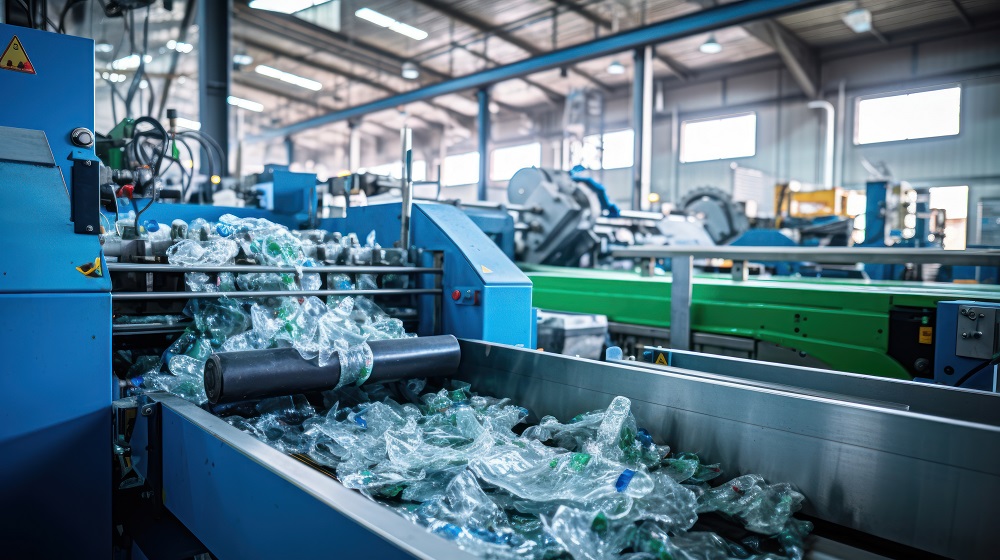
As strong opinions were expressed by all at the conference, the group was unable to reach a consensus on neither the revisions for the zero draft nor the intersessional needed ahead of INC-4 in Ottawa in April. While some delegates wanted to use the UNEA resolution to limit the scope of the agreement, others argued the definition of life cycle of plastics creates an imperative for a more ambitious treaty. The question remains where in the life cycle of plastics measures will begin or the nature of the obligations the treaty will impose on states.
The group agreed to complete revisions of the zero draft text by December 31st 2023, with full compilations of discussions and submissions from INC-3. Ghana, on behalf of the African group, emphasised the need to continue discussions on, among other topics, waste streams of primary plastic polymers; chemicals and polymers of concern; problematic and avoidable plastic products; design and performance; transparency; tracking; EPR; and finance. Discussions on these issues and many more will continue at the next two INC meetings, with the deadline to adopt an international legally binding instrument by the end of 2024 fast approaching.
EXPLORE MORE CONTENT ABOUT THE OCEAN
Back to Blue is an initiative of Economist Impact and The Nippon Foundation
Back to Blue explores evidence-based approaches and solutions to the pressing issues faced by the ocean, to restoring ocean health and promoting sustainability. Sign up to our monthly Back to Blue newsletter to keep updated with the latest news, research and events from Back to Blue and Economist Impact.
The Economist Group is a global organisation and operates a strict privacy policy around the world.
Please see our privacy policy here.
THANK YOU
Thank you for your interest in Back to Blue, please feel free to explore our content.
CONTACT THE BACK TO BLUE TEAM
If you would like to co-design the Back to Blue roadmap or have feedback on content, events, editorial or media-related feedback, please fill out the form below. Thank you.
The Economist Group is a global organisation and operates a strict privacy policy around the world.
Please see our privacy policy here.




 The scourge of untreated wastewater
The scourge of untreated wastewater Slowing
the chemical tide: safeguarding human and ocean health amid
chemical pollution
Slowing
the chemical tide: safeguarding human and ocean health amid
chemical pollution Hazardous chemicals in plastics - the discussions at INC
Hazardous chemicals in plastics - the discussions at INC







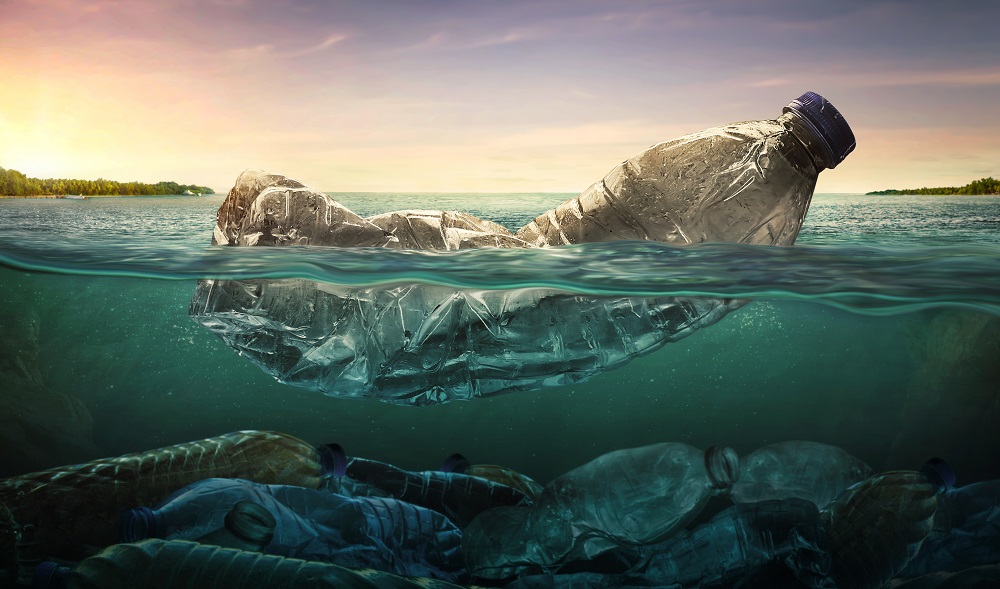
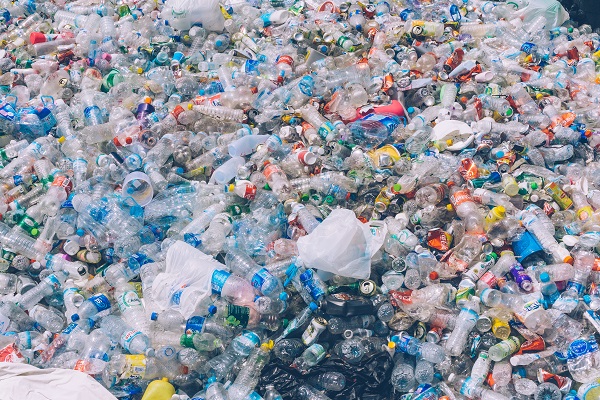

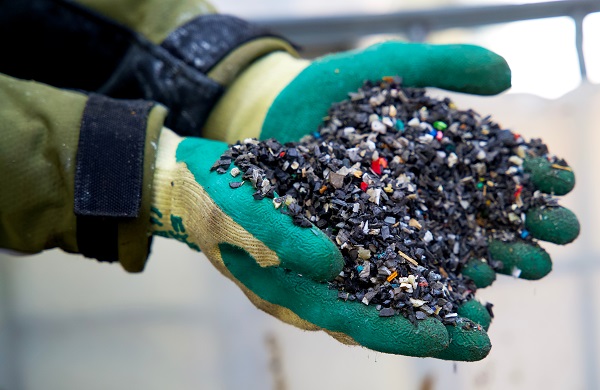

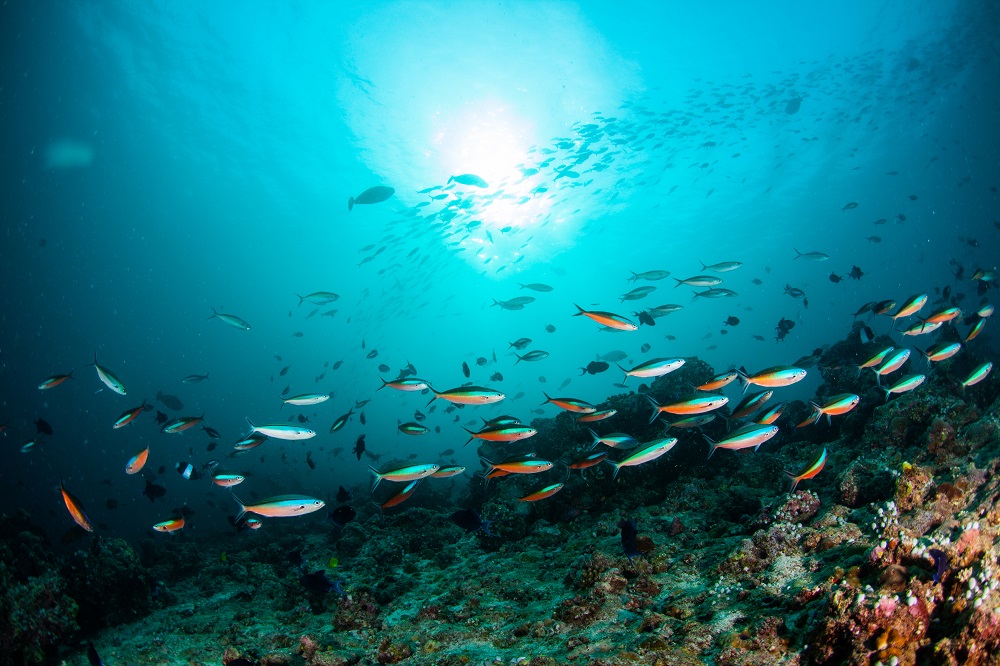
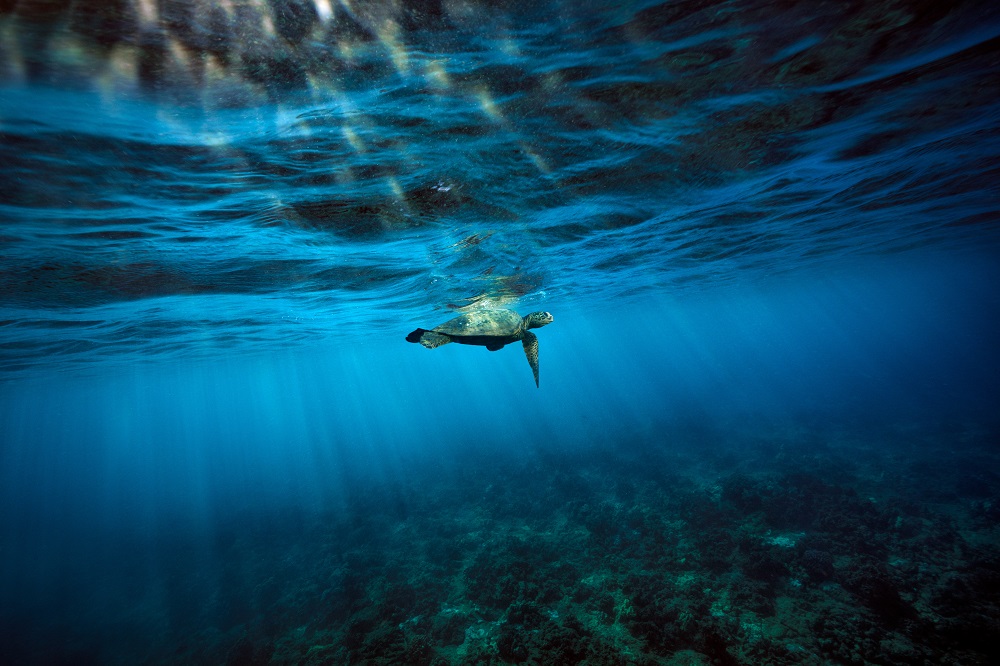
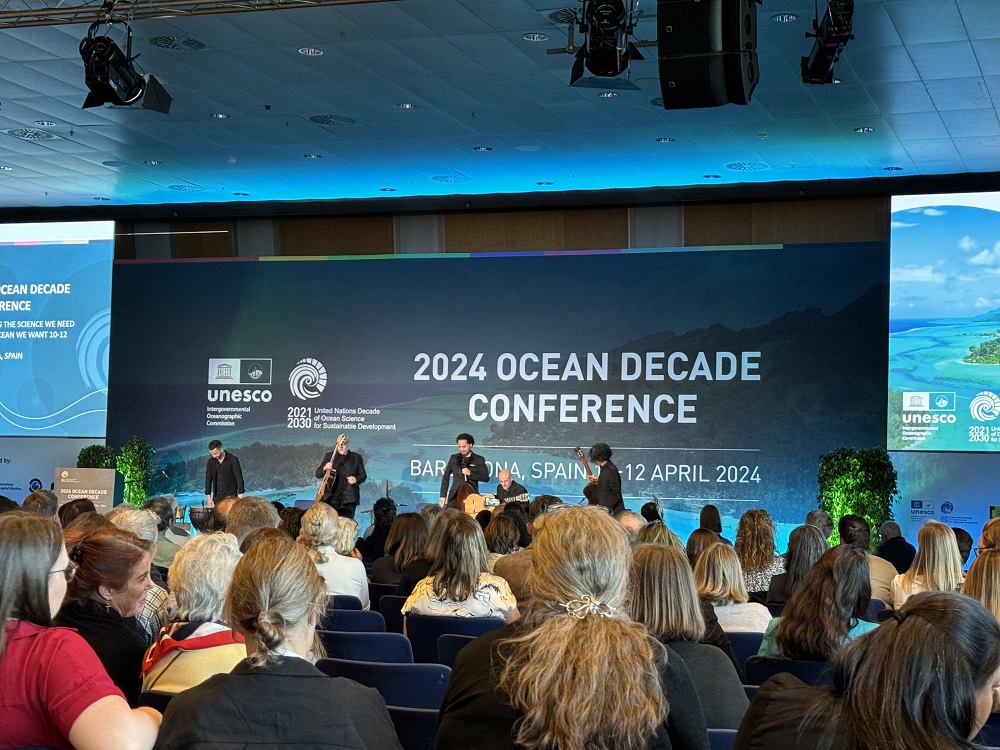

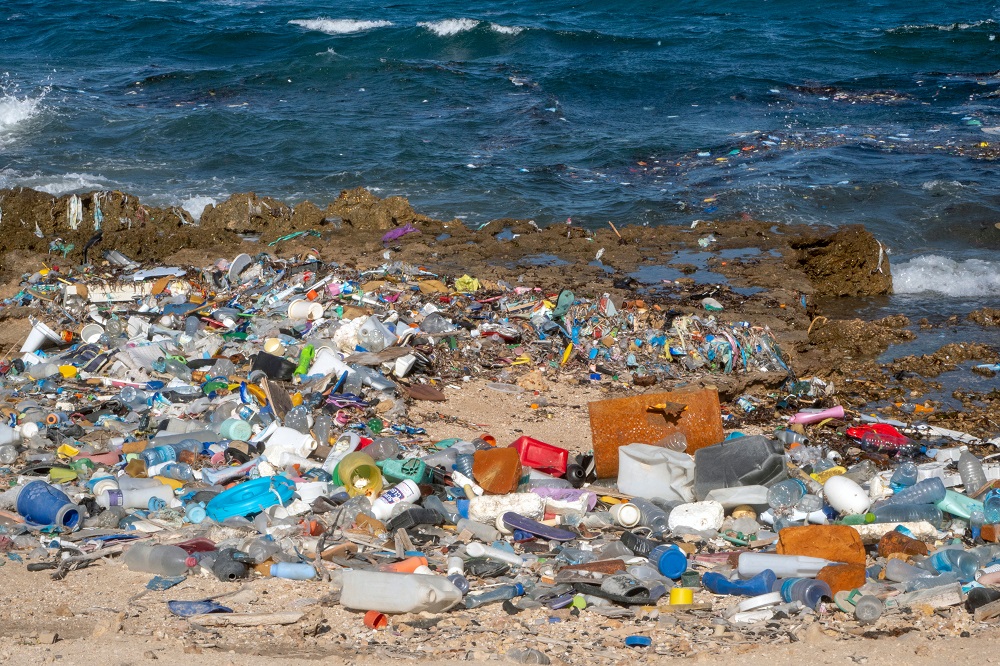
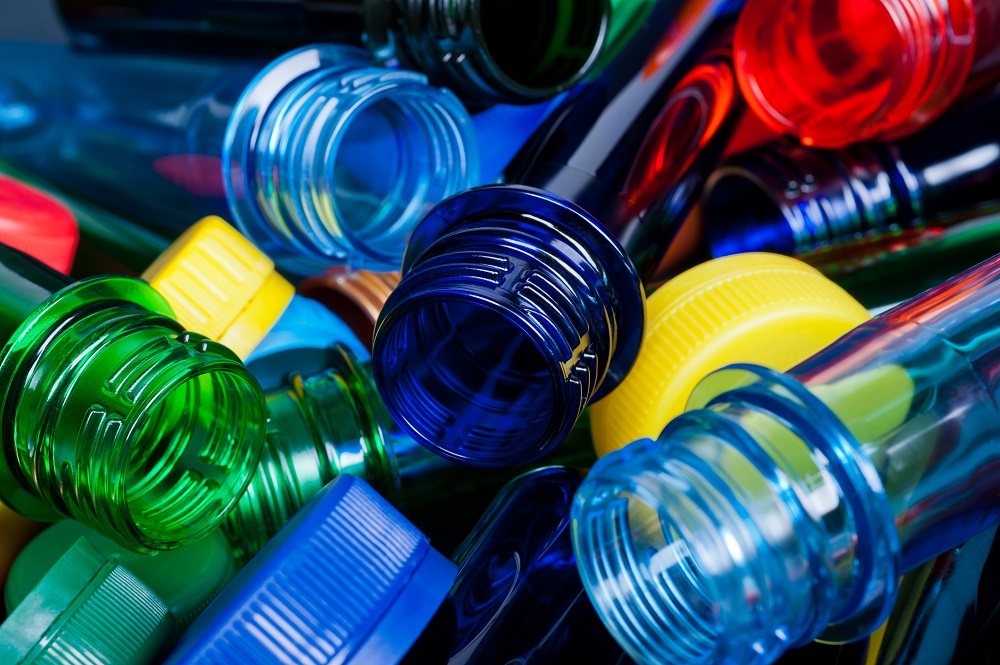
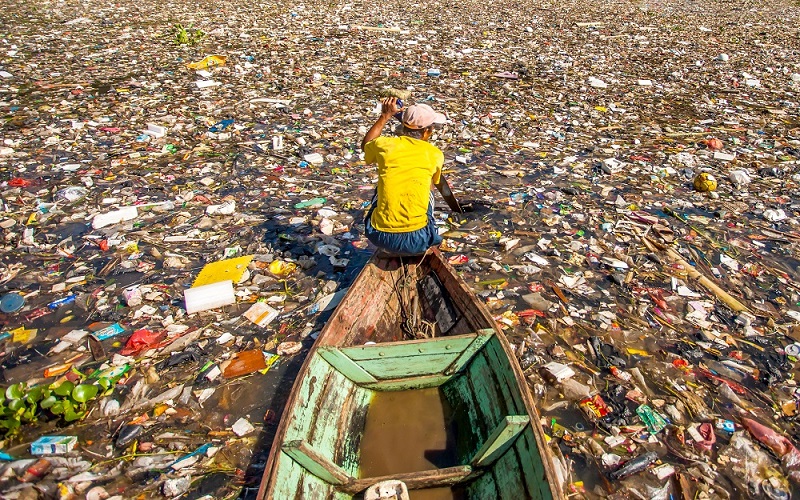
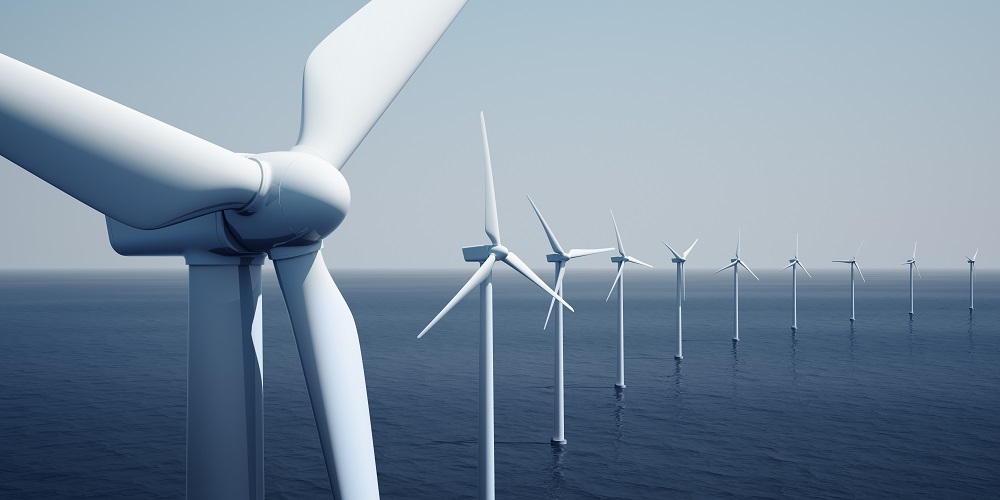
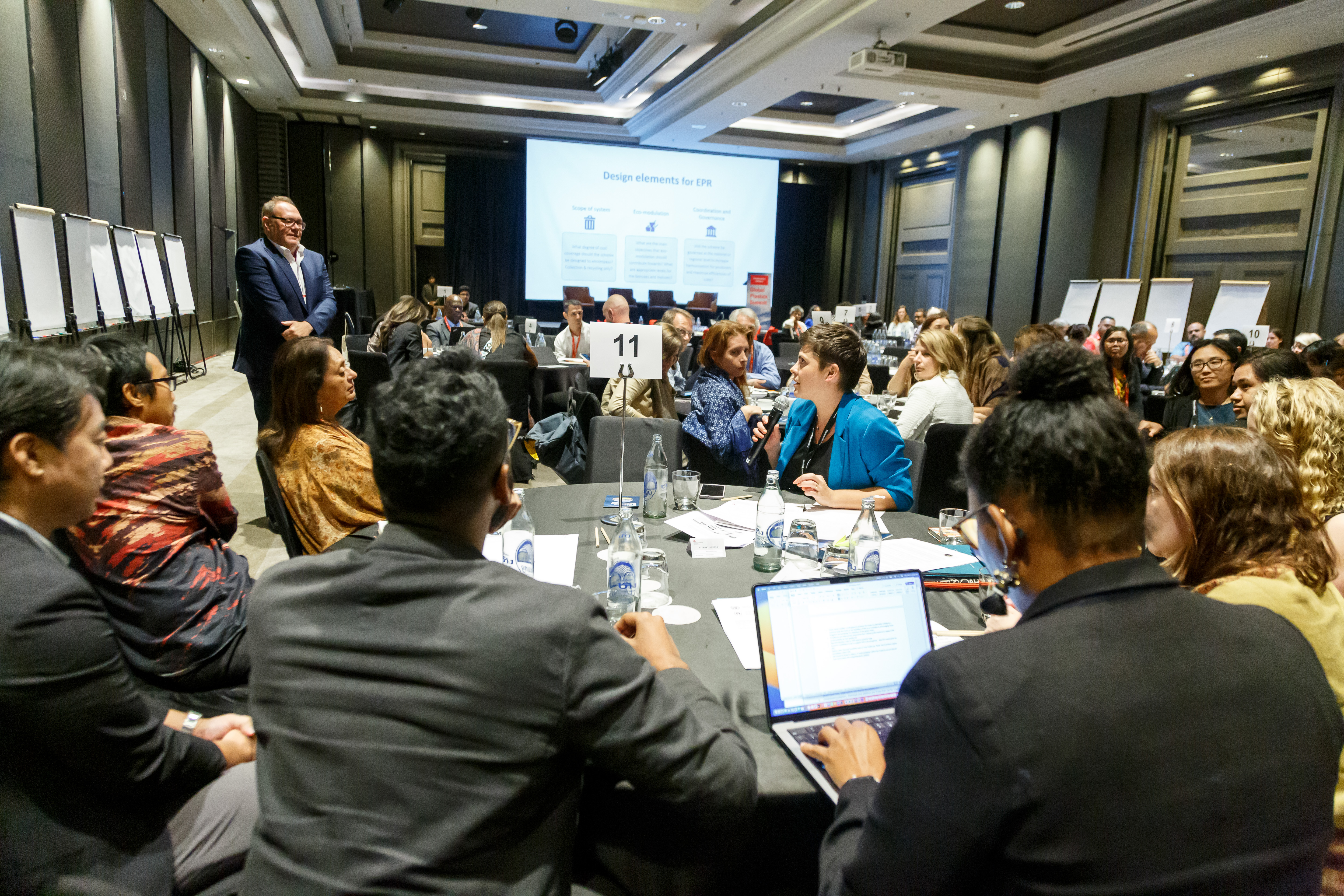
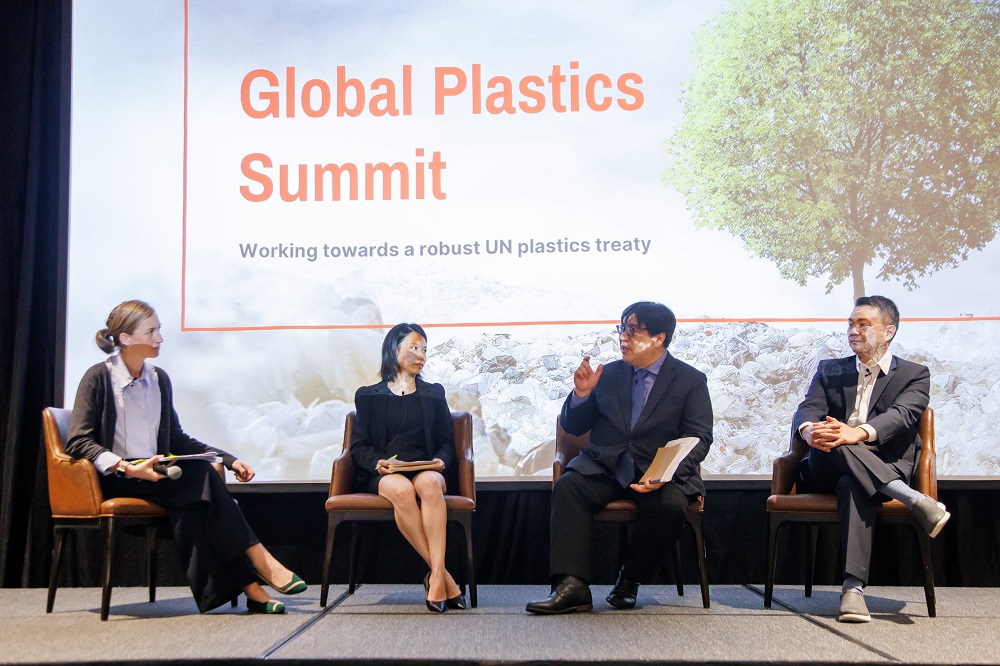
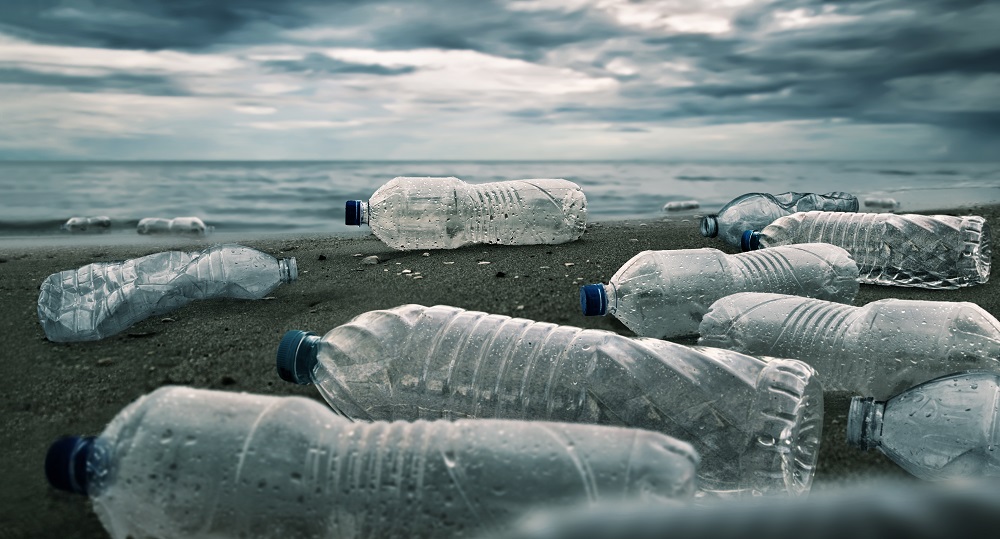

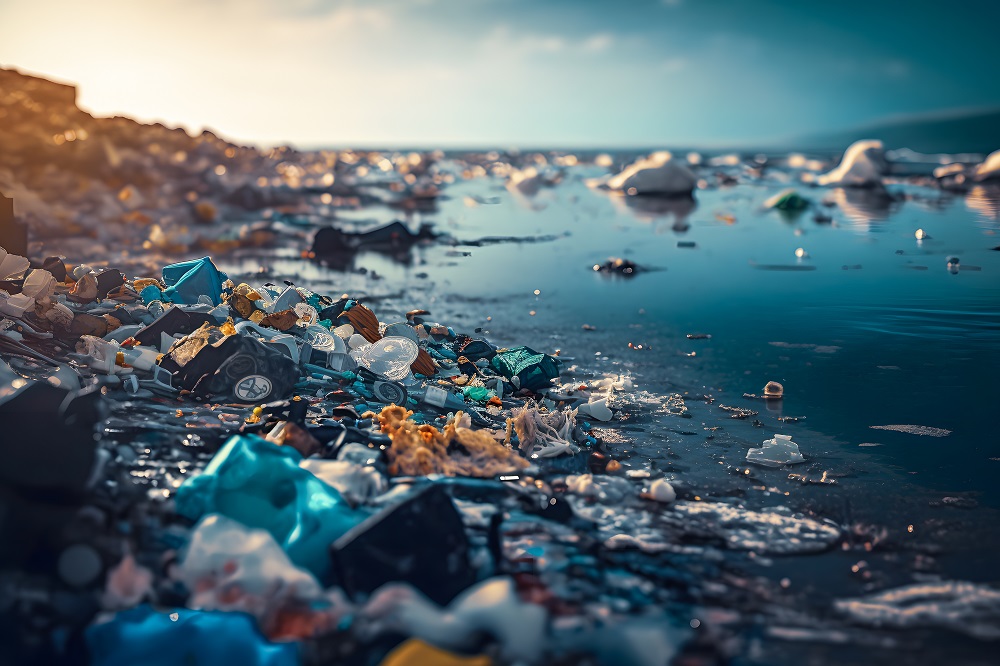
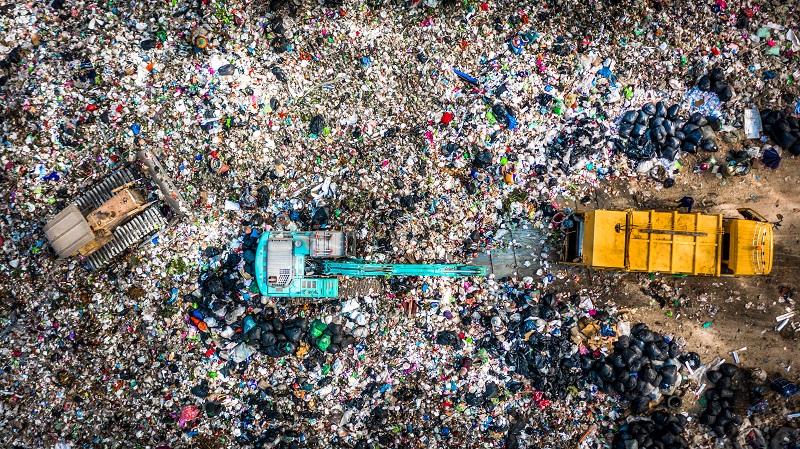
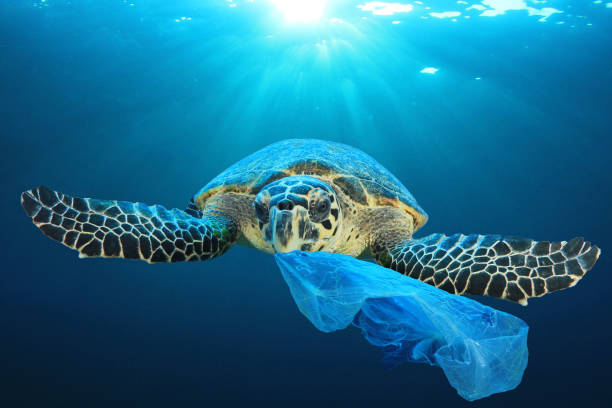
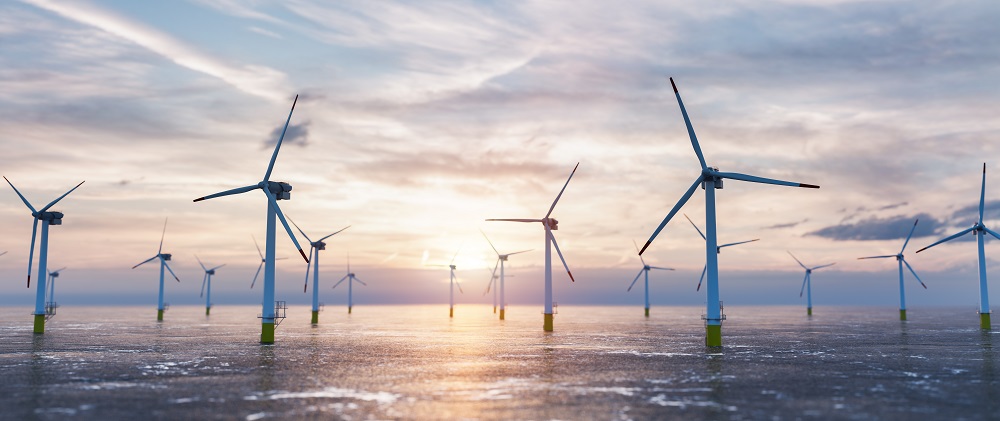 Affiliated contentWhy Offshore Wind Needs Looking After
Affiliated contentWhy Offshore Wind Needs Looking After